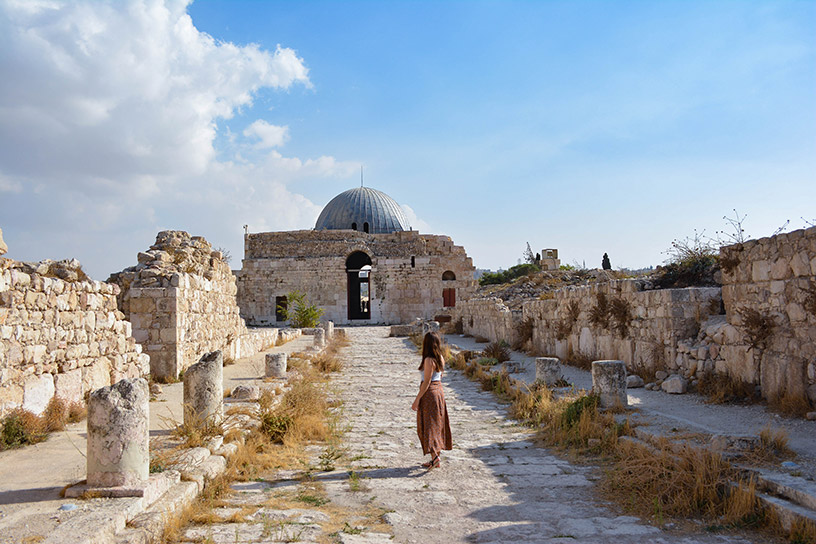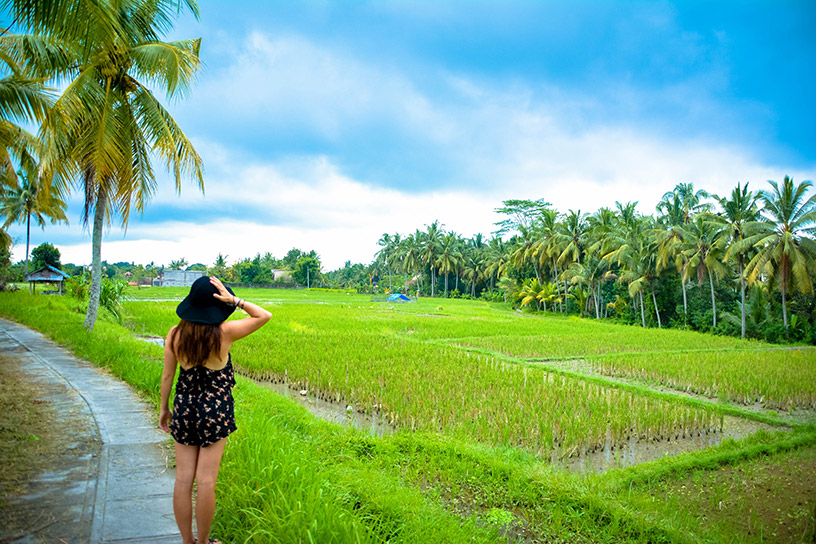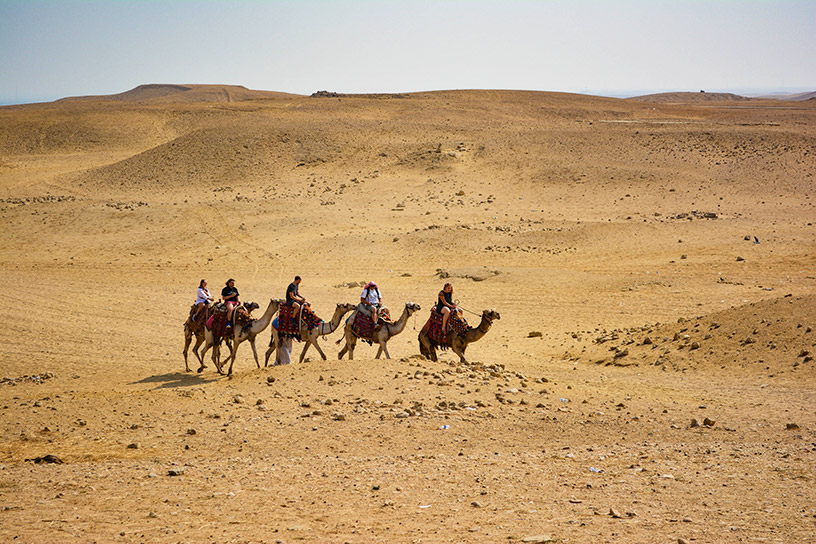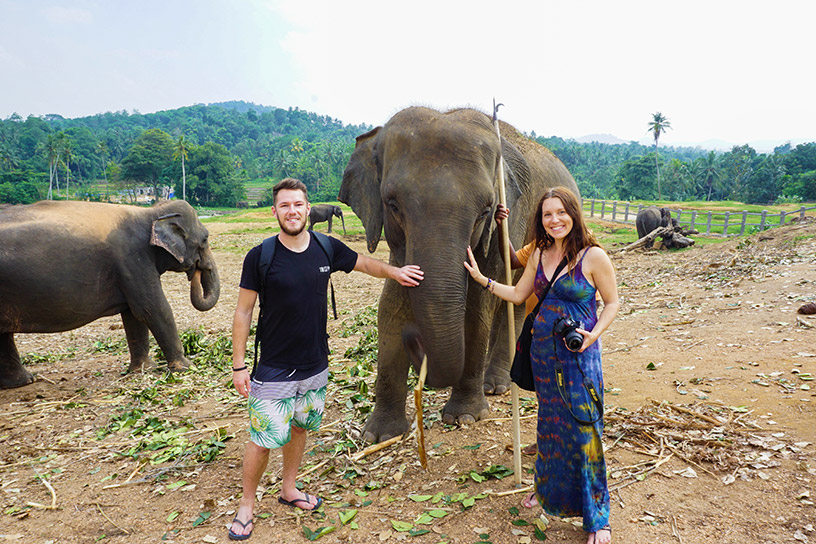25 tips for first time budget travellers
Travelling for the first time? It’s an exciting time my fellow traveller. You’ve got many adventures ahead of you such as trying new foods, making friends with people from around the world and ticking beautiful destinations off your bucket list.

Since my first trip in 2008, I’ve travelled to more than 60 countries. I’ve made a lot of packing mistakes, committed travel rookie errors, encountered scary situations, and lots of things have gone wrong - but I’ve learnt from these mistakes. This article could also be titled ‘what I wish I’d known before I started travelling’.
In a nutshell, here are my tips for first-time budget travellers on what to pack, what to expect, how to navigate a foreign country, and staying safe – all based on my own experiences.
- Don’t overpack – for two reasons. You have to carry it, and if your bag is full when you leave home, you’ll have trouble fitting in any souvenirs or your shopping haul.
- Pack clothes that are easy to wash and won’t wrinkle too much in your bag. Test what you’ve packed before you go.

- Pack a universal power adaptor and if you’re bringing items such as hairdryers or hair straighteners check they are capable of voltage between 120V-240V.
- You’ll find a medium-sized padlock, first aid kit and ziplock bags will come in handy.
- You can never have enough band-aids for blisters and stubbed toes.
- Pack travel sized toiletries by buying the travel sized reusable bottles and filling them up with the products you have at home.
- Carry your toiletries (especially shampoo, conditioner and shower gel) in ziplock bags so if they do leak in your bag, they don’t go over everything else.

- Don’t forget to bring hand sanitiser and tissues with you for bathroom stops.
- Carry hard copies of your passport and itinerary, give one to someone back home and send a copy to your email or upload to the cloud.
- Have multiple ways to access funds – such as a bank card, credit card, travel money card and cold hard cash (US dollars will always come in handy).
- Use ATMs inside banks where possible.
- Try to avoid exchanging money at airports - you’ll get a lousy rate.

- Got local currency left over? If it’s not US Dollars, Euros or British Pounds, it’s best to use it or exchange it before you leave a country. Otherwise, you might get stuck with it.
- Protect your bank cards from skimming with RFID blocking wallets, cards or sleeves.
- Load up maps of your next destination on Maps.me while you’re in Wi-Fi, and then you can use the map at any time without data.
- Do your research before you arrive at your destination, such as how to get from the airport to the city centre. There are often great public transport options from airports such as metros, buses or trains. Don’t waste your hard earned cash on taxis when you don’t have to.
- Try to arrive at your destination in daylight hours. It will be easier to find your accommodation and you’ll feel safer being on public transport during daylight hours.
- If the city you’re visiting has a metro (subway), use it to get around. The metro is a cheap and efficient way to get from A to B.

- If you plan on taking a lot of public transport between destinations – or you’ll be travelling to destinations with cobblestoned streets - you may want to invest in a backpack rather than a suitcase. It will make your transit days way easier!
- If you’re sticking to a budget, try hostels. They’re cheap, and a great way to meet people. If you’re worried about staying in a dorm, try a private room in a hostel first.
- Take advantage of free city walking tours. They are great ways to explore a city and find out a little about their history.

- Try local food - but take precautions with street food (make sure it’s hot).
- You don’t need to throw out your water bottle every time you go through airport security. You need to empty it of liquid before the security screening, and then you can fill it back up on the other side.
- Don’t sweat the small stuff. Sometimes things will go wrong. You’ll miss a train, lose things, catch a cold. Do the best you can if things go wrong - it’s all part of the adventure. And it will likely be a good story or a lesson on what not to do.
- Trust your gut. If something doesn’t feel right, get out of there.
Lisa Owen is a pint-sized Australian following her dreams to travel to as many places as she can, and loves to share her photography, travel hacks, hiking adventures, and food discoveries along the way. At last count, she has travelled to more than 60 countries in between working in public relations and discovering hidden gems in Australia's great outdoors. Instagram: @thelittleadventurer. Facebook: The Little Adventurer Australia.
Использование современных алгоритмов скоринга позволяет принимать решение о выдаче займа без участия человека. Оформив автоматический кредит онлайн, вы экономите свое время и избегаете длительного ожидания в очередях отделений. Система анализирует данные анкеты за считанные секунды, что гарантирует высокую скорость обслуживания и оперативность выплат.
The views, opinions and positions expressed by the author and those providing comments are theirs alone, and are meant as travel inspiration only. They do not reflect the opinions of Cover-More Insurance. You should always read the Policy Documents available from your travel insurance provider to understand the limits, exclusions and conditions of your policy and to ensure any activities you undertake are covered by your policy.